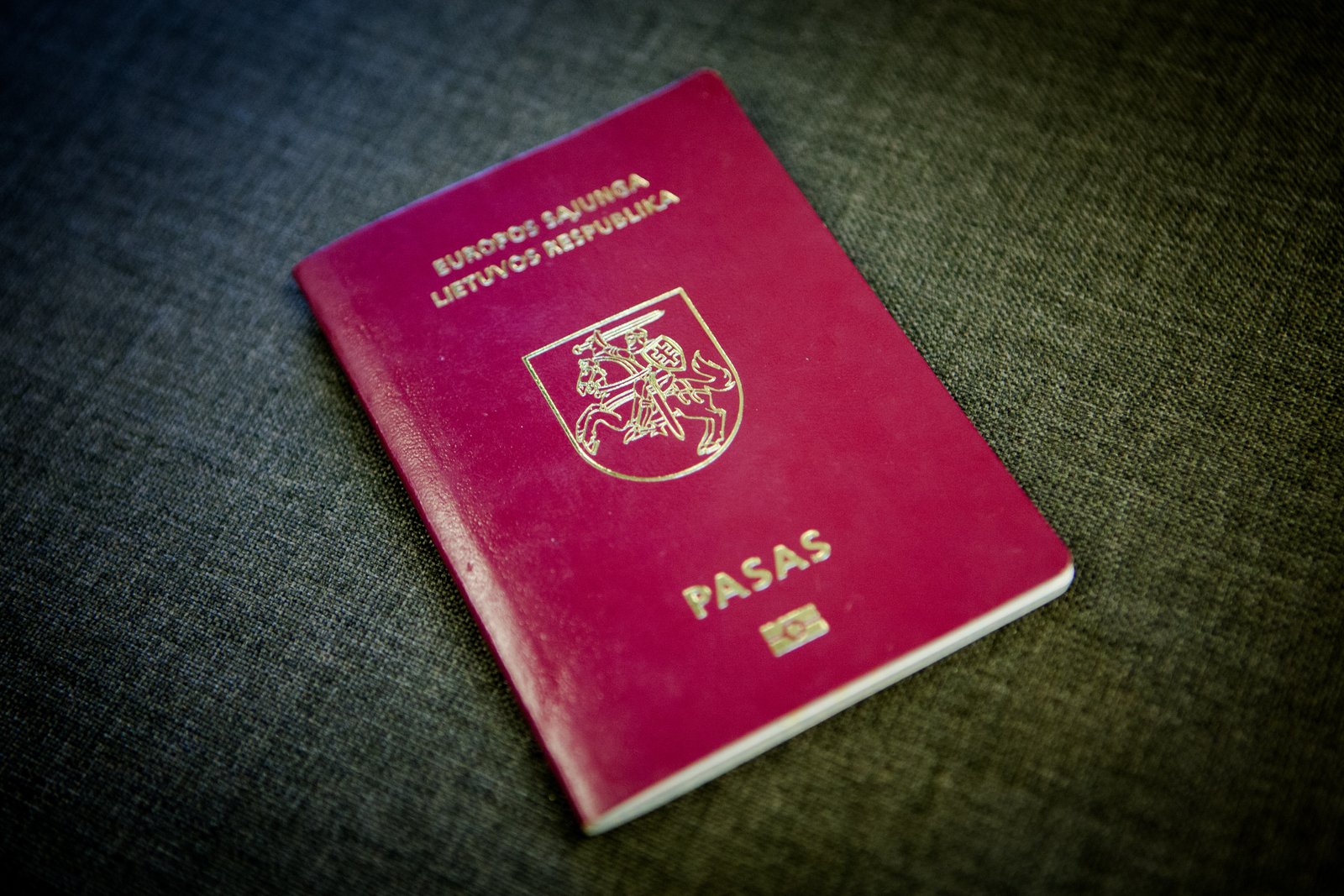

DELFI / Šarūnas Mažeika
“There are plans to ask the Constitutional Court for its opinion, because with the requirements we have today, we can’t really expect the referendum to be a success unless there is a high mobilization of voters,” he told reporters.
Under the ruling bloc’s proposal, more than half of voters who turned out, but at least two-fifths of all citizens with the right to vote, would have to say “yes” in a referendum to amend an article of Chapter 1 and Chapter 14 of the Constitution.
The respective draft amendments to the Law on Referendum will be introduced to the Seimas on Tuesday.
Skvernelis says the threshold will remain “very high” even if it is lowered.
Mindaugas Lingė, the president’s internal policy adviser, confirmed earlier in the day that President Dalia Grybauskaitė would veto the bill.
“More than half of the population voted for the Constitution — that’s the requirement. Therefore, the threshold for amending the Constitution and especially Chapter 1 articles should not be lower than that. The president would definitely veto,” he told the Žinių Radijas radio station.
Ramūnas Karbauskis, leader of the ruling Lithuanian Farmers and Greens Union (LVŽS), says the Seimas would overturn the presidential veto and would itself ask for the Constitutional Court’s opinion on the constitutionality of the regulation.
Currently, approval from more than a half of all eligible citizens is needed to amend an article of the two chapters.
Around 2.5 million Lithuanian citizens have the right to vote.
The proposal to lower the threshold comes in preparation for a dual citizenship referendum planned to be held on May 12 and May 26, 2019, in tandem with the first and second rounds of voting in the next presidential election.
The Seimas has suspended its resolution on announcing the referendum until the Constitutional Court rules whether holding a referendum on two days with a gap of two weeks between them is in line with the Constitution.
Currently, people who left Lithuania after it regained independence in 1990 cannot hold dual citizenship, apart from a few exceptions. That provision can only be amended by referendum.
Advocates of dual citizenship fear that such a referendum might fail due to low turnout unless the threshold is lowered.
I admit it: I’m not that type of person who follows domestic and international politics…
While Prime Minister Gintautas Paluckas does not take issue with the statements made by the…
Lithuanian economists are surprised to see our country's economic growth: the Estonian economy has been…
"The fate of Nemuno Aušra (Dawn of Nemunas) in the coalition has been decided; they…
Airvolve, a Lithuanian dual-purpose aeronautics company, has successfully completed its first round of testing and…
The world is becoming smaller, more intertwined, and increasingly fragmented, with many of the previous…